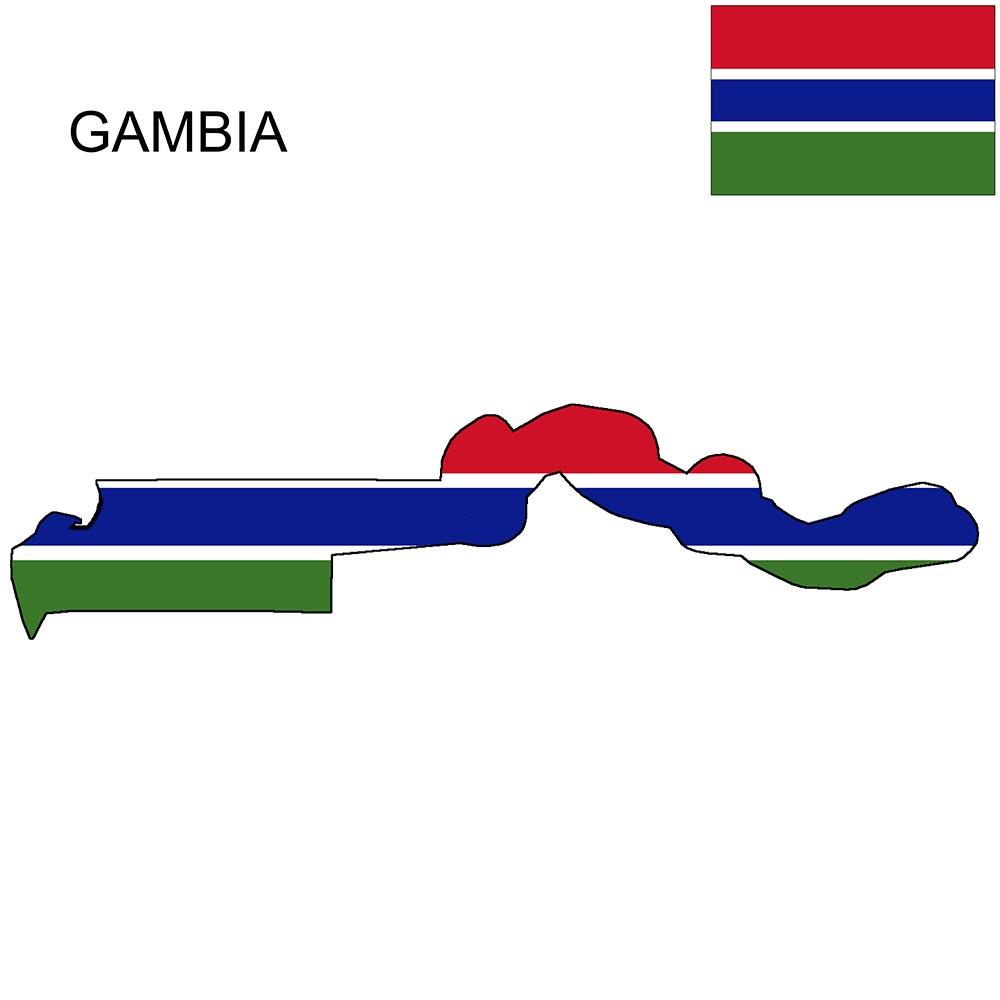Africa-Press – Gambia. Among the key objectives of the engagement is to provide the platform to share updates on project progresses and challenges; identify synergies among projects for follow-up actions; discuss priority areas for consideration for PBF support in 2023 and discuss mechanisms for PBF coordination in 2022.
In an interview with the United Nations PBF advisor, Patrick McCarthy explained that the engagement is to discuss the current state of peacebuilding in The Gambia and priorities for the next years. He added that they gathered representatives from relevant government ministries, Civil Society Organisations (CSOs) and UN agencies who are currently implementing peace-building projects in The Gambia.
“Since 2018, the UN PBF has invested more than US$26 million in The Gambia, covering a range of projects. It’s a significant investment and we want to make sure that each of the different projects strengthens each other. We have a diverse discussion ranging from support to women empowerment in The Gambia, cross border conflict prevention with Senegal and have drawn many lessons on how projects can support each other.”
He continued that on the second day of the engagement, they looked forward to the next year and identified what the peace-building priorities of The Gambia are. He said that could make them propose to the PBF a number of priorities by the end of this year for financial consideration.
Ndella Faye Collley, PBF coordination in The Gambia, also stated that the PBF intervention in the country is to strengthen government capacity, institutions, and CSOs to be able to promote Peace Building and the prevention of violence.
She highlighted that the fund came to support The Gambia in 2017 and a lot of initiatives have been done, including support to the security sector reform, the expansion of the policy analysis unit, transitional justice and human rights among others.
“The new Gambia cannot go without looking at what has gone wrong and how we see it doesn’t repeat itself; how do we address the issue around justice, and the strengthening of institutions and bring new ones that may not have existed but necessary in order to have a democratic institution and process.”
The two days engagement, she said, was planned to help different stakeholders to look into some of those initiatives that are similar but are in different projects and see how they bring them together with easy coordination.
For More News And Analysis About Gambia Follow Africa-Press






